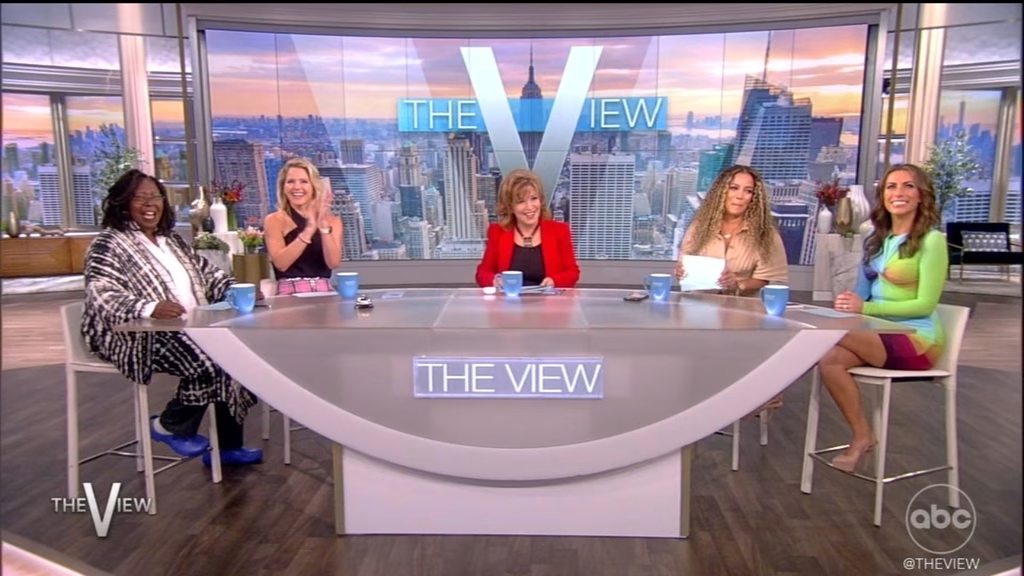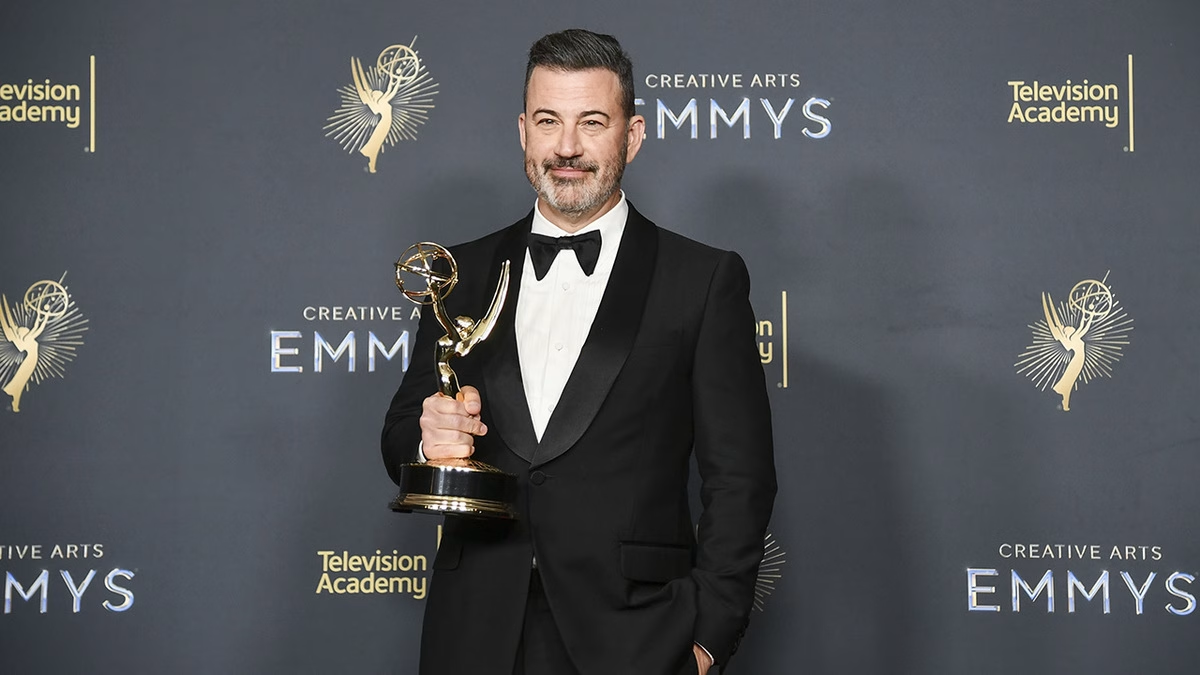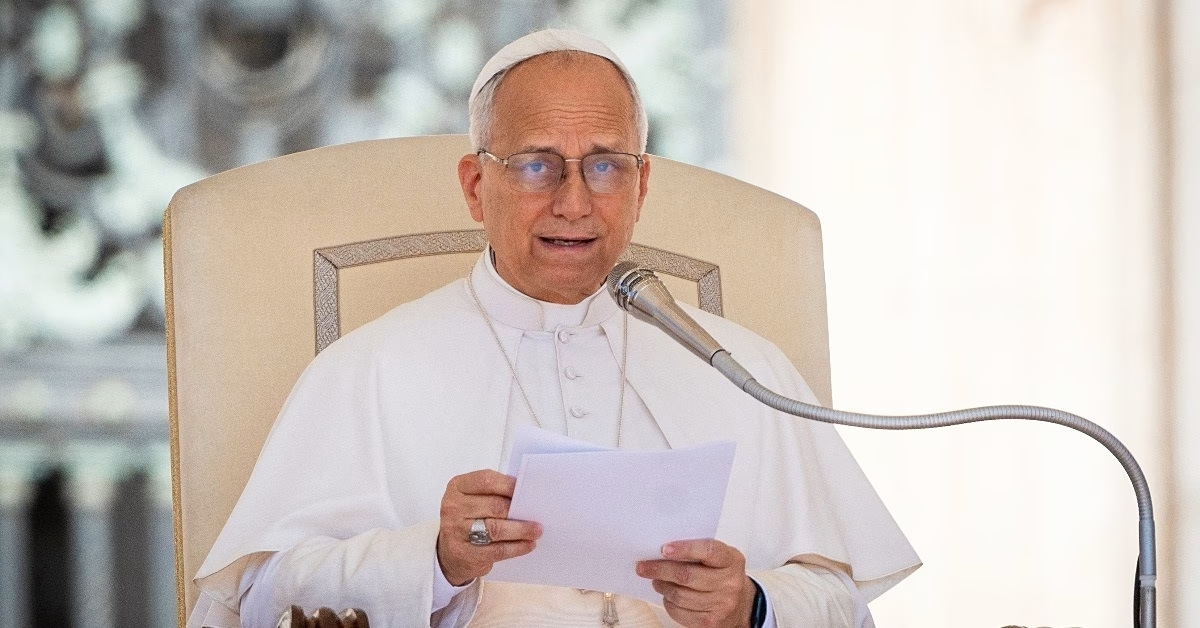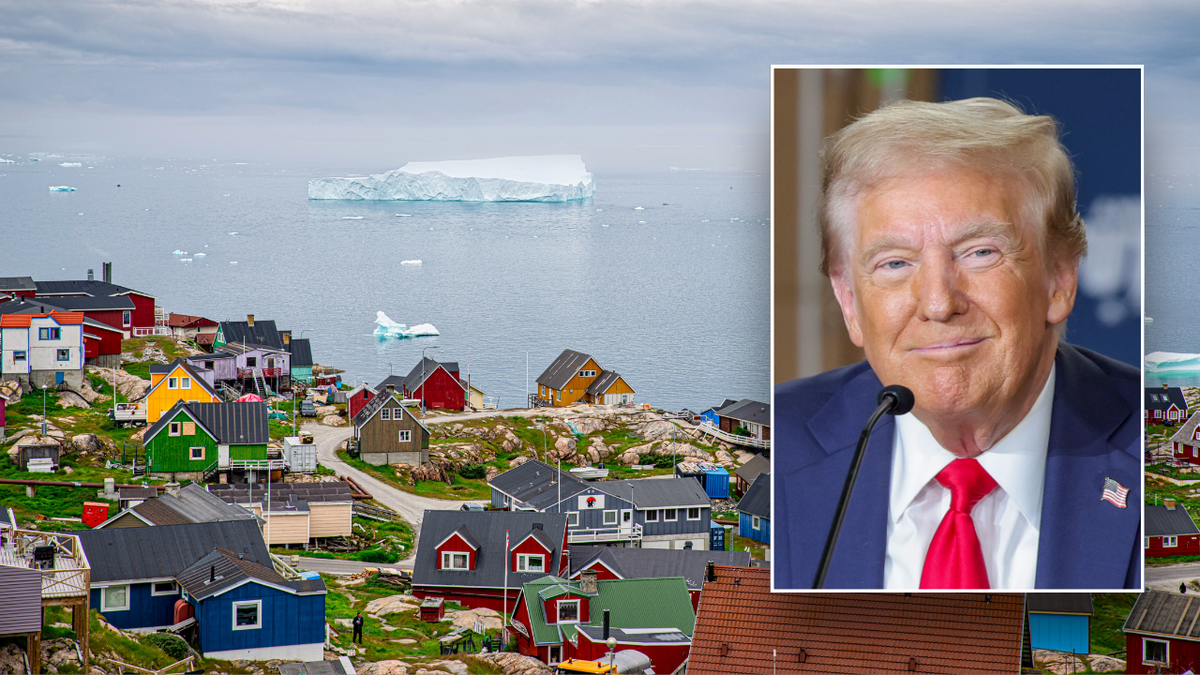By Ben Emos & Don Terry | Sunday, September 21, 2025 | 4 min read
In the whirlwind of television news, few moments are as striking as when one of your own network’s biggest personalities is suddenly taken off the air—and everyone around them seems to look the other way. That’s exactly what happened when ABC pulled Jimmy Kimmel Live! from its lineup, leaving audiences and insiders alike wondering why the network’s flagship daytime talk show, The View, had absolutely nothing to say.
For a program built on spirited debate, outspoken opinions, and a willingness to tackle the news of the day head-on, the silence was deafening. On the day following ABC’s announcement, the hosts of The View spent a full hour discussing everything from political headlines to lifestyle segments—but conspicuously omitted any mention of Kimmel’s suspension. It was a silence so pronounced that it became impossible to ignore, prompting viewers to ask the obvious question: why?
The Elephant in the Room
The simplest answer may be that no one from the show has publicly explained their silence. But context offers some plausible explanations.
Corporate Jitters: At the heart of the issue is Disney, ABC’s parent company, which made the decision to suspend Kimmel. Critiquing or even acknowledging a disciplinary decision by your own network’s parent company is risky business. On a show where careers are intertwined with the network’s reputation, pointing fingers could be seen as career-limiting. It’s likely that the hosts were advised—or at least strongly encouraged—to stay clear of the topic entirely.
Navigating a Political Minefield: Kimmel’s suspension came after he openly criticized the MAGA movement in response to the assassination of conservative activist Charlie Kirk. His comments sparked controversy and drew attention from the Federal Communications Commission, with at least one commissioner publicly suggesting that ABC could face repercussions. For The View, which thrives on commentary but also reaches a broad, politically diverse audience, weighing in on this story could have ignited backlash from multiple directions. Sometimes the safest route is silence.
Time to Process: Another factor might simply be timing. The news of Kimmel’s suspension was sudden, and even experienced television hosts may need a moment to consider the implications of discussing a colleague’s predicament live on air. In high-stakes situations, immediate reactions can sometimes do more harm than good.
What Led to Kimmel’s Suspension?
For clarity, the chain of events is significant. During his late-night show, Kimmel sharply criticized what he described as efforts by the MAGA movement to spin the narrative around Charlie Kirk’s death. He specifically stated that the shooter was “one of them,” comments that were immediately polarizing.
The reaction was swift. Several of ABC’s major local affiliates, many of which are owned or operated by large media conglomerates, pulled Kimmel’s show from their schedules, citing the content as “offensive and insensitive.” Facing both regulatory pressure and the potential for affiliate backlash, Disney suspended Kimmel indefinitely.
The Strange Case of The View’s Silence
What makes The View’s quiet response particularly puzzling is that other ABC programs addressed the situation. Good Morning America, for instance, reported on the suspension and outlined the context for viewers. The contrast suggests that The View’s silence was not an oversight—it was a deliberate choice.
This episode also raises broader questions about media, corporate oversight, and free speech. When a network intervenes in the content of its own shows, and other programs on the same network refrain from commentary, it highlights the tension between editorial freedom and the influence of corporate or regulatory authority.
At its core, the story is about more than a late-night host or a daytime talk show. It is a window into the modern media landscape, where corporate interests, government scrutiny, and public expectations collide. For viewers, the situation prompts reflection on how much influence companies like Disney should exert over on-air content, and how broadcasters navigate the delicate balance between speaking freely and staying in the good graces of powerful stakeholders.
For now, The View’s silence remains a striking chapter in the saga. It demonstrates that sometimes, in television as in life, saying nothing can send the loudest message of all. The question left for audiences is whether that silence is prudence, fear, or a subtle acknowledgment of the forces shaping the media world today.
Julia Roberts Shares How Martin Luther King Jr. and Coretta King Paid Her Birth Hospital Bill
UN Probe Concludes Netanyahu and Israeli Leaders Incited Deadly Genocide in Gaza
Trump’s Power Play at the Fed: The Fragile Strongman and the Battle Over Lisa Cook
The Disturbing Truth: Charlie Kirk’s Killer ‘Not Cooperating’ Exposes GOP Malicious Spin’
Epstein Scandal Topples a British Politician, Though Key Figures Remain Unscathed






